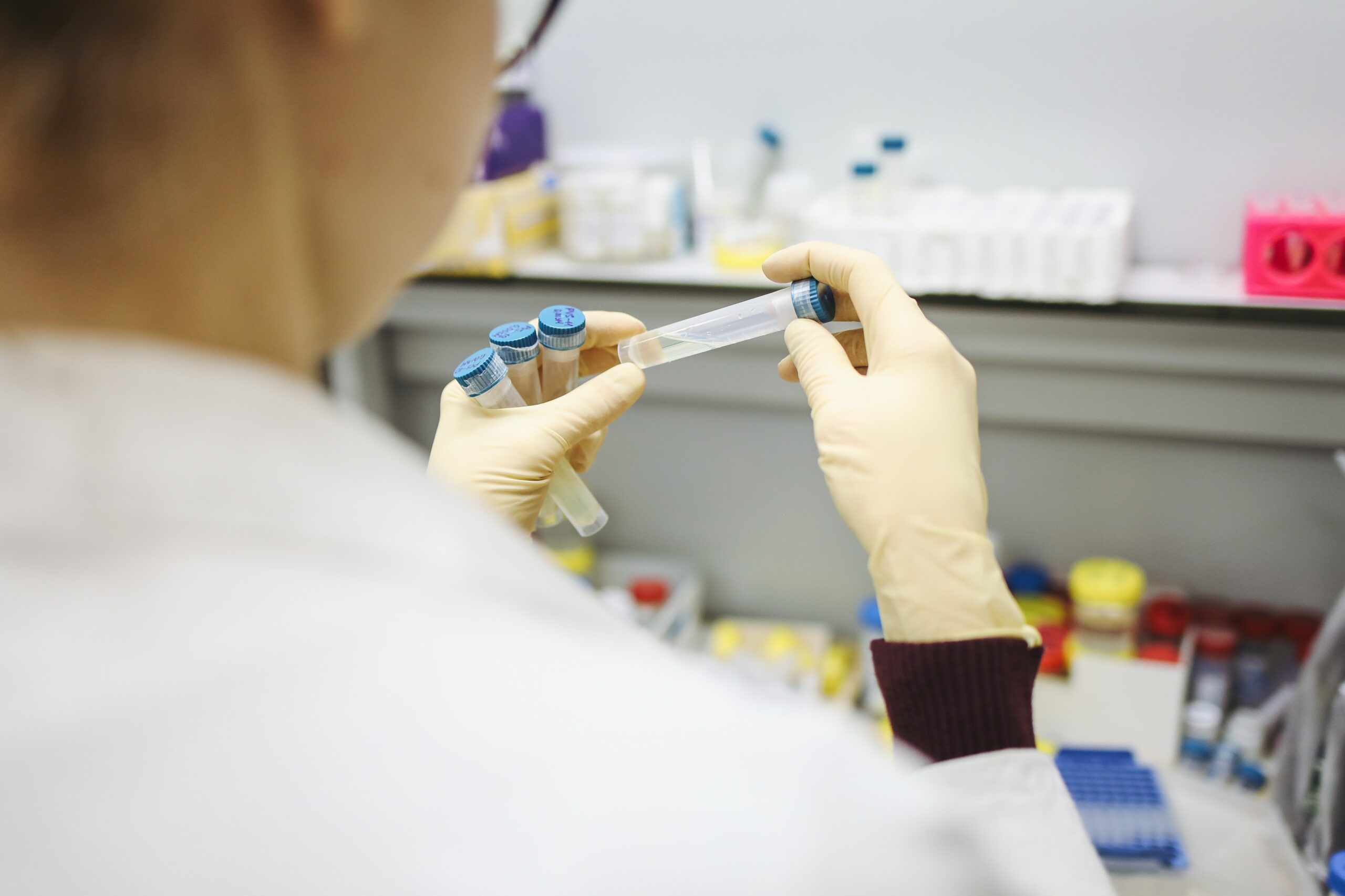The Importance of Vaccinations for Indoor and Outdoor Pets
As a pet owner, you want to do everything possible to keep your furry friends healthy and happy. One way to do this is by making sure they receive the appropriate vaccinations. Vaccinations protect pets from various diseases, some of which can be life-threatening. But which vaccinations should you get for your pets, and are there any differences between vaccinations for indoor and outdoor pets?
The short answer is that all pets, whether they are indoor or outdoor, should receive vaccinations. While indoor pets may have less exposure to certain diseases, they are still at risk for others. For example, indoor cats are still susceptible to diseases like feline leukemia and feline infectious peritonitis. Indoor dogs can also be at risk for certain diseases like canine influenza and Bordetella (kennel cough), which can be transmitted through contact with other dogs at places like boarding facilities, dog parks, and grooming salons.
Outdoor pets, on the other hand, are exposed to even more risks. The outdoor cats are at risk for diseases like feline immunodeficiency virus (FIV) and rabies. Outdoor dogs are at risk for these diseases as well as others like Lyme disease, which is transmitted through tick bites, and Leptospirosis, which is transmitted through contact with infected urine from other animals.
To ensure your pet receives the appropriate vaccinations, it’s important to work with a veterinarian. They can provide guidance on which vaccinations are necessary based on your pet’s lifestyle, age, and overall health.
Some common vaccinations for both indoor and outdoor pets include:
- Rabies: This is a core vaccination that is required by law in most states. Rabies is a fatal disease that can be transmitted to humans through infected animals.
- Distemper: This is a core vaccination that protects against several diseases, including canine distemper and feline distemper. These diseases can cause respiratory problems, neurological issues, and even death.
- Parvovirus: This is a core vaccination for dogs that protects against a highly contagious and deadly disease. Symptoms include vomiting, diarrhea, and dehydration.
- Feline Leukemia: This is a non-core vaccination for cats that protects against a virus that can cause anemia, weight loss, and even cancer.
- Bordetella: This is a non-core vaccination for dogs that protects against kennel cough, a respiratory disease that can spread quickly in places where dogs congregate.
- Lyme disease: This is a non-core vaccination for dogs that protects against a disease transmitted through tick bites. Symptoms can include fever, joint pain, and lethargy.
By getting your pet vaccinated, you are not only protecting them from potentially life-threatening diseases, but you are also helping to prevent the spread of these diseases to other animals and humans. It’s important to remember that vaccinations are not a one-time event; they require regular boosters to maintain immunity. Your veterinarian can provide a schedule for when your pet needs to receive these boosters.
In conclusion, whether your pet is indoor or outdoor, vaccinations are a crucial aspect of their overall health and well-being. By working with your veterinarian and staying up to date on vaccinations, you can help keep your furry friend healthy and happy for years to come.




